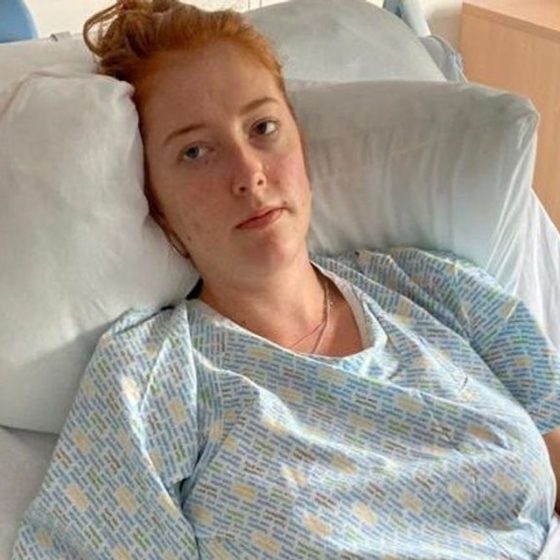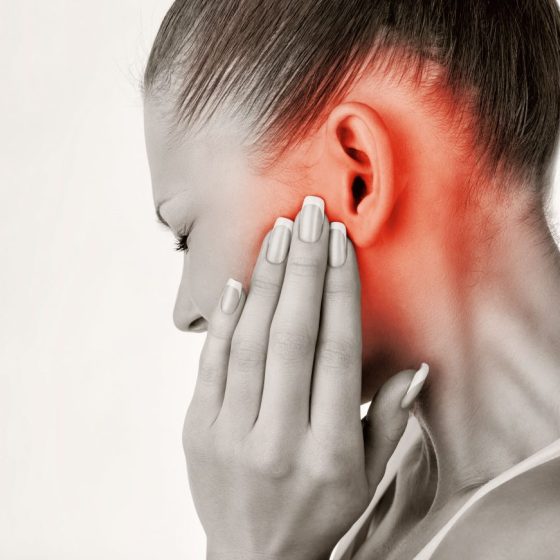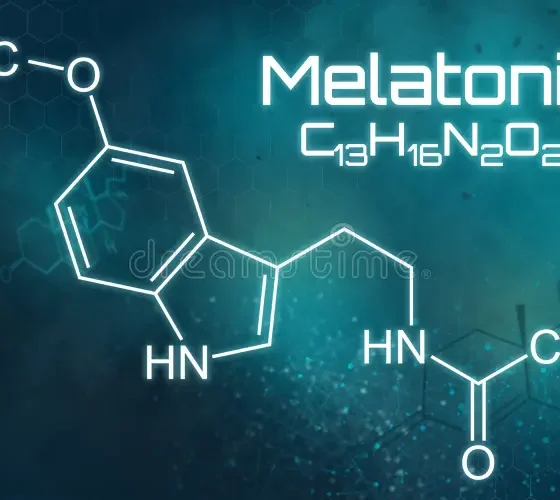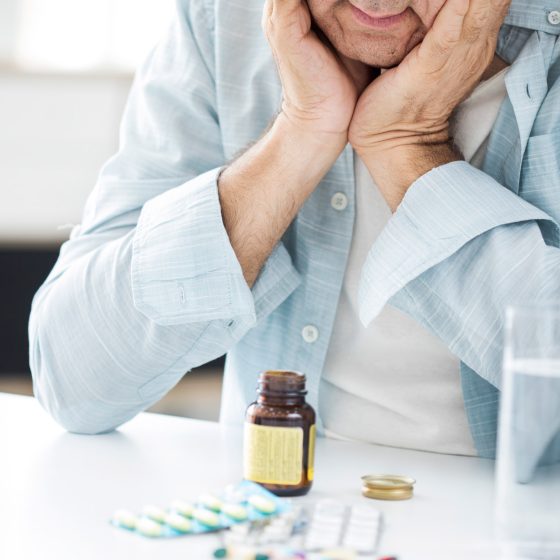Mental illness
What is mental illness? A mental illness is a health issue. It can affect your thoughts, mood, or behaviour. It can impact the way you perceive the world around you. A mental illness can cause distress. It may affect how you cope at work, how you function in relationships and your ability to manage everyday tasks. Mental illnesses can last for a short time or for your whole life. Some mild mental illness lasts only a few weeks. Sometimes severe illnesses can be life-long and cause serious disability. Each year, about 1 in every 5 Australians will experience a mental






